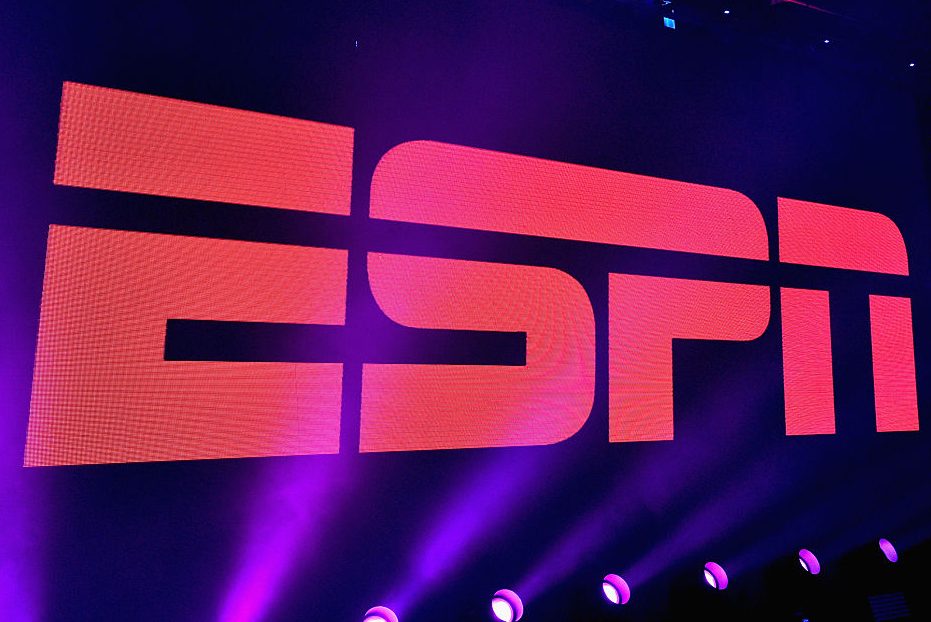When Jemele Hill, a star anchor at ESPN, tweeted that Donald Trump was a “white supremacist,” supporters of the president called for her to be fired. By contrast, high-profile black athletes defended her. The incident raged for days online, but it is far from the only one that has found the nation’s premier sports network in the crosshairs of partisan controversy. So, just how has ESPN found itself on the front lines of the nation’s political divide?
One often, overlooked aspect: its business model. The network’s status as cable TV’s most expensive channel has become a liability and consumers have begun to leave, fed up with increasingly high monthly cable bills. In turn, big cable distributors have started offering packages that don’t include ESPN, and many consumers have opted in. Other have just cut the cable cord completely, choosing to go with streaming services like Netflix or Hulu. Over the past seven years, ESPN has lost 16 million subscribers. Meanwhile, the average annual payments for ESPN’s four biggest, broadcast rights deals have more than doubled since 2013 to $4.7 billion, reports The Wall Street Journal. To staunch the bleeding, ESPN executives have, over the past few years, scrambled to find new audiences by adding more debate and opinionated analysis to the network’s programming. But some critics claim that this focus on opinion has given too much leeway to promote left-leaning views, both on-air and on the network’s hosts’ personal social media.
On top of that, ESPN’s relationship with majority-owner Walt Disney Co. has grown tense. After John Skipper left his position as ESPN’s president under a cloud of controversy, Disney CEO Bob Iger replaced him with James Pitaro, Disney’s former consumer products and digital chief. Since coming on board in March, Pitaro has tried to reorient the network away from opinionated political commentary and refocus on sports news and highlights. But is he too late?
The Charge will help you move better, think clearer and stay in the game longer. Subscribe to our wellness newsletter today.


















